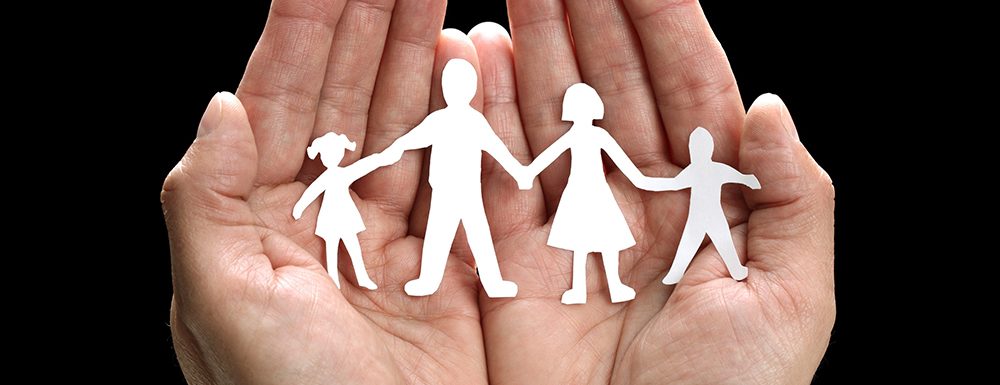
What is spiking?
‘Spiking’ is when someone puts alcohol or drugs into another person’s drink or their body without their knowledge or consent (Rape Crisis). It is a serious crime, but how prevalent is it in the UK and what is being done to prevent it?
Spiking in the UK
Campaigners in the space argue that drink and drug-spiking has reached “epidemic” levels in the UK (The Guardian), with 1 in 9 women saying they have been spiked (YouGov). However, the lack of official statistics and under reporting makes it hard to know the true scale of these crimes.
While spiking can happen anywhere, data shows that the majority of incidents occur in the evening and across the night-time economy, most frequently in pubs and clubs.
What is the usual response?
From nail varnish that changes colour when coming into contact with dangerous substances to hair scrunchies that double up as drink covers, for a long time the onus has been placed on women to protect themselves against such threats.
While there has been some positive response within the night-time economy sector, for example with training on the matter and information sharing on good practice, there is certainly an opportunity to safeguard women further.
New initiatives: The role of licensing
There have recently been increasing discussions on how licensing may be used as a tool for change to proactively tackle spiking at a local government level. This could involve:
- Imposing conditions or revoking premises licenses on venues that do not take sufficient measures to protect and provide support to customers in such incidents.
- Including the prevalence, prevention and reporting of sexual harassment and misconduct and gender-based violence in local licensing policy.
With 333 local authorities across the country, each with multiple licensing and enforcement teams, expanding their remit to include such manifestations of gendered exploitation could be a powerful tool to achieve change. From speaking with various councils, several are currently in the process of implementing these changes which is optimistic!
Read the Local Government Association’s full article to learn more about the role licensing can play and other ways in which local government can prevent these crimes.
Licensing & modern slavery
Similarly, licensing is well placed to tackle modern slavery. We have also been researching the use of licensing to prevent modern slavery. We plan to release our report in the coming months so stay tuned!
By Gabriella Jiménez


